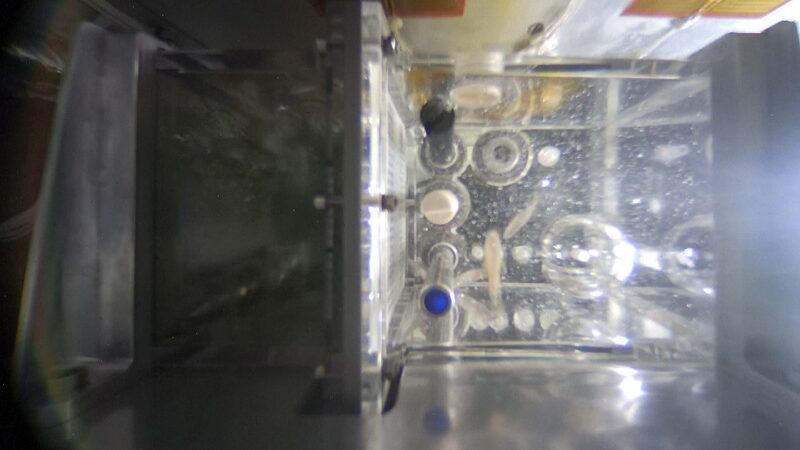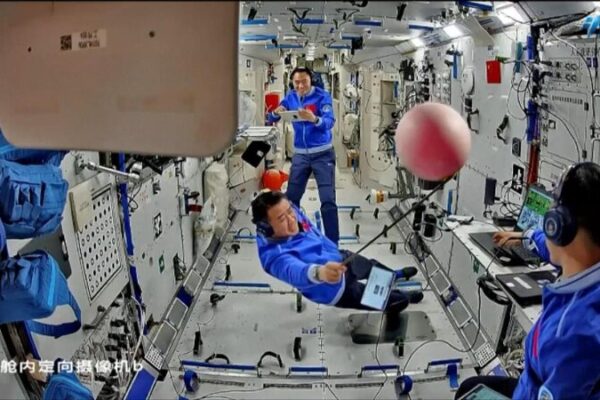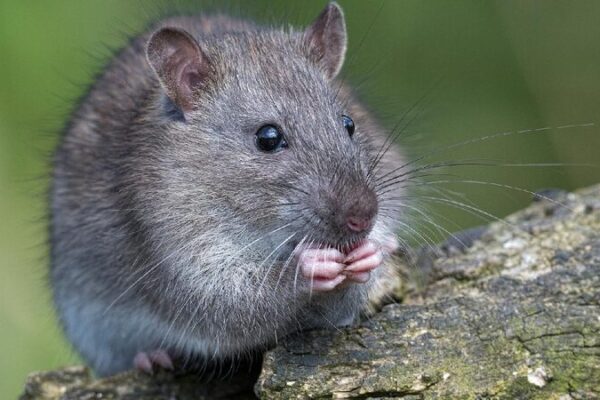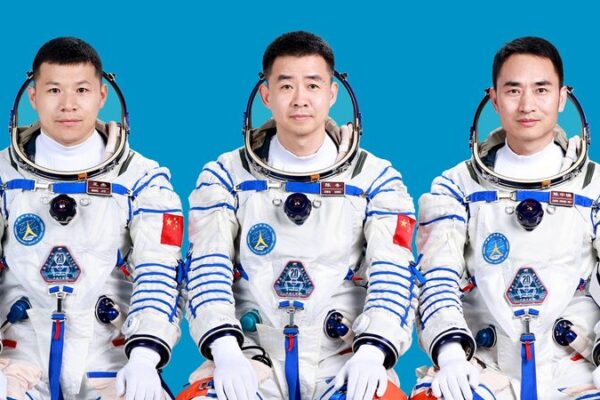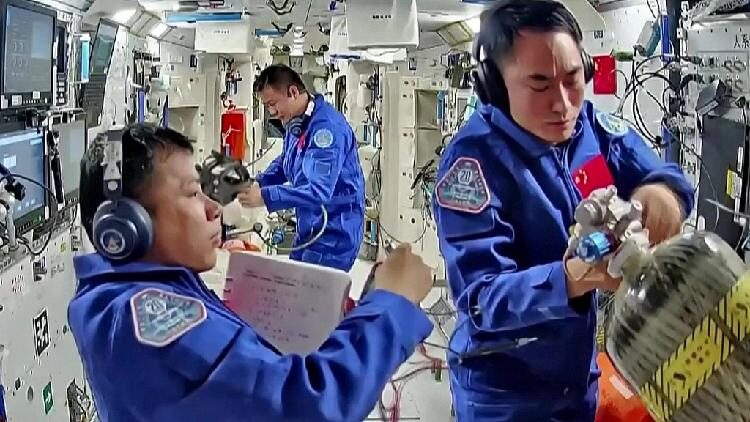The taikonauts aboard China’s Shenzhou-20 mission are set to conduct three groundbreaking life science experiments during their stay at the China Space Station, the China Manned Space Agency (CMSA) announced on Wednesday.
Zebrafish Experiment
Building on the zebrafish–Elodea dual ecosystem established during the Shenzhou-18 mission, this study will delve into how microgravity affects protein homeostasis in higher vertebrates. The research aims to uncover the role of protein homeostasis in regulating bone loss and cardiovascular dysfunction caused by weightlessness—key medical challenges in deep space exploration.
Planarian Regeneration
In a first for China’s space program, the team will explore the remarkable regenerative abilities of planarians in orbit. This experiment seeks to investigate the fundamental mechanisms of regeneration at the organism level, potentially contributing to treatments for space-related injuries and other health issues.
Streptomyces Research
The taikonauts will also study streptomyces, a type of bacteria vital for soil improvement and ecosystem sustainability. This experiment will examine how space conditions affect the expression of bioactive compounds and enzymes with practical value, laying the groundwork for developing microbial applications using space resources.
Currently, all space science experiments are progressing steadily according to plan. Over 200 scientific and application projects have been carried out in orbit so far. China released its first report on scientific research in its space station at the end of last year, with more findings to be released regularly.
During their mission, the Shenzhou-20 crew will conduct a total of 59 experiments and technical demonstrations in areas such as space life sciences, microgravity physical sciences, and new space technologies. These include potential breakthroughs in cultivating vascularized brain organoids on chips, exploring the non-equilibrium dynamics of soft matter, and studying the fabrication of high-temperature superconducting materials in space.
Reference(s):
China's Shenzhou-20 crew to conduct three new life science experiments
cgtn.com
